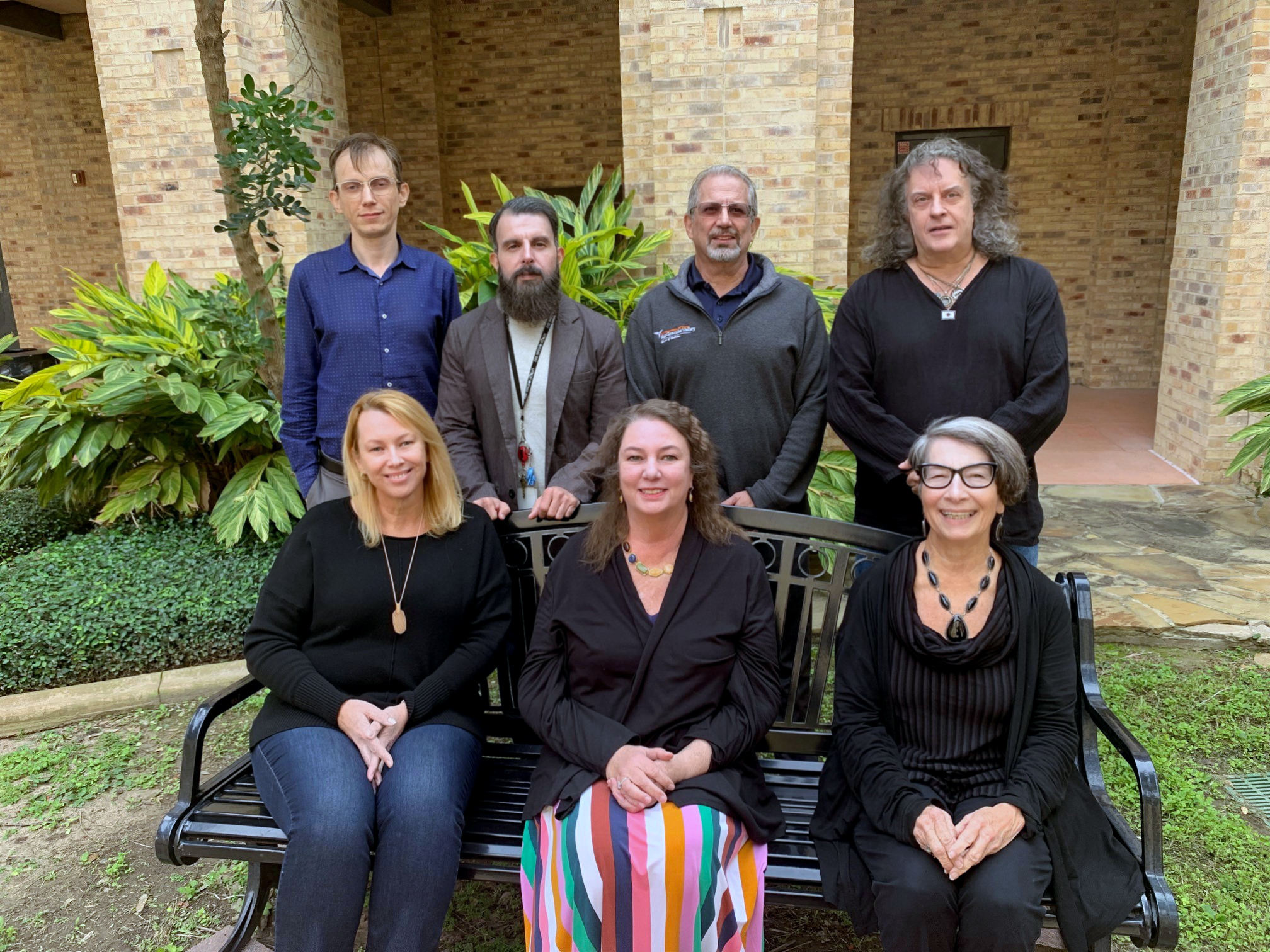The University of Texas Rio Grande Valley (UTRGV) has established a Diversity Center for Genome Research that will build UTRGV’s genomics research capacity by 1) expanding genomic research capabilities and discoveries in two innovative research projects; and 2) enhancing the size and quality of the available genomics workforce.
Center Goals and Objectives
- Build research capacity by expanding the pool of diverse genomic professionals through providing a wide range of training opportunities, including self-sustaining workforce development programs aimed at strengthening the pipeline of Hispanic pre-college students interested in careers in genetics.
- Support research projects incorporating cutting-edge technologies to study diseases that are important health disparities for Mexican Americans.
- Engage in community partnerships and outreach activities to improve genomic literacy in the predominantly Hispanic local population and increase interest in participation in genomics research.

Center Cores
- Administrative Cores
Lead: Sarah Williams-Blangero, Ph.D.
The Administrative Core (AC) will provide the administrative support required for the center to enhance genomics research capacity and the genomics research environment at the University of Texas Rio Grande Valley (UTRGV). The AC will facilitate collaborative and independent research projects across the different units of the university by leveraging institutional and national resources and will expand capabilities to conduct cutting-edge genomics science, with an emphasis on studies in populations experiencing health disparities. Using internal and external Advisory Committees to assess progress and make recommendations regarding the approaches and activities of the center, the AC will oversee a continuous quality improvement process designed to maximize the impact of the center.
- Workforce Development Core
Co-Leads: Sarah Williams-Blangero, Ph.D. and Jacob Galan, Ph.D.
The Workforce Development Core (WDC) will expand the cadre of individuals with knowledge and skills in human genomics and foster genomic literacy in the local, predominantly Mexican American population. The WDC will enhance genomic literacy through training targeted to K-12 educators and healthcare providers. This includes offering short-courses in genomics, genomics research experiences and dissertation support to graduate students in education and to local teachers. Additionally, the WDC will provide training in grantsmanship and dissemination of research results, and working with local school districts, the WDC will participate in career days and other activities to promote awareness of careers in genetics.
- Community Engagement Core
Co-Leads: Sarah Williams-Blangero, Ph.D., and Jacob Galan, Ph.D.
Mexican Americans are underrepresented in biomedical research and have barely benefited from the exponential growth of genetics and genomics research that has taken place in recent decades. It is critical that genomic literacy and participation in genomics research improve if the Mexican American population is to benefit from recent and future advances in genomics and precision medicine. The Community Engagement Core is designed to establish new relationships and extend existing relationships with community members and community-based organizations to: 1) address community-wide health concerns; 2) promote participation in genomics research; and 3) disseminate genomics research findings.
Research Projects
Research projects at the UTRGV Diversity Center for Genome Research focus on diseases that are important health disparities for Mexican Americans and incorporate cutting-edge technologies to maximize the impact of training and research experiences.
Hepatocellular Genetic Epidemiology of Fatty Liver Disease in Hispanics
Co-Leads: Joanne Curran, Ph.D., and Satish Kumar, Ph.D.
- This project focuses on non-alcoholic fatty liver disease (NAFLD), a major public health issue affecting millions of people worldwide with the highest prevalence among Hispanic populations.
- Risk for NAFLD is due to a complex mix of genetic and environmental factors that are largely unidentified.
- To rigorously test for genotype-by-environment interactions in NAFLD, this project will use a novel assessment of liver cells in response to experimental conditions mimicking dietary lipid overfeeding.
- This approach will provide better understanding of the etiology of NAFLD and potential approaches to early detection of disease.
Genomic Approaches to Pollutome Effects on Risk of Major Depression in Hispanic Pedigrees
Lead: John Blangero, Ph.D.
- Major depressive disorder (MDD) is among the most common mental illnesses, affecting 16.2% of individuals in the US, and is a health disparity in Hispanics.
- In Mexican Americans, 46% of the variation in recurrent MDD is attributable to genetics, though recent evidence suggests that exposure to pollutants also influences MDD risk.
- This study will measure person-specific levels of organic and inorganic pollutants to search for environmental determinants of recurrent MDD risk in large pedigrees from the long-running Mexican American Family Study.
- This study will use genomic tools to enhance the identification of environmental risk factors and to foster the study of genotype-environment interactions.
Last updated: January 30, 2024
